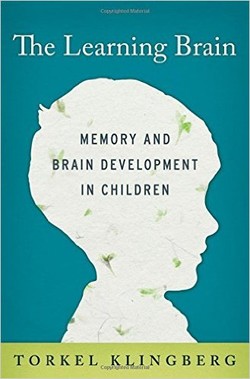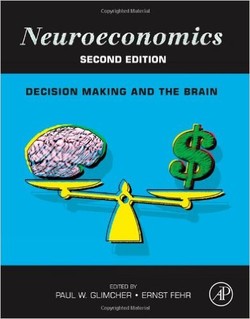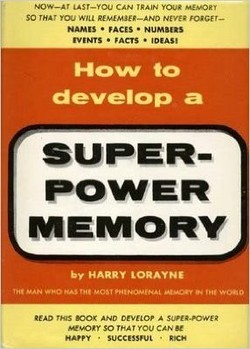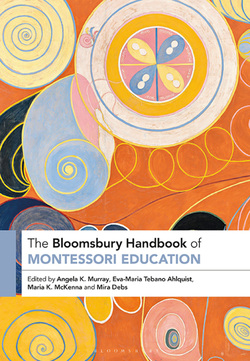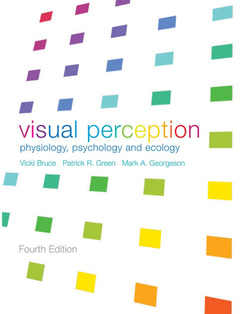تکامل اولیه حافظه انسان
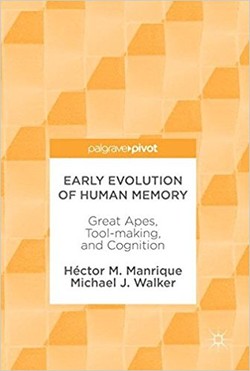
این پژوهش فرآیندهای ذهنی حافظه میمونهای بزرگ را به منظور درک بهتر از انسانهای اولیه و اهمیت حافظه در روند تکاملی بررسی میکند.
این کتاب تحقیقات مربوط به فرآیندهای نسبی ذهنی، علوم اعصاب، نخستیشناسی و همچنین باستانشناسی سنگی را مورد بحث قرار میدهد و به بررسی اکتشافاتی در مورد توانایی ذهنی میمونهای بزرگ برای تشخیص خواص فیزیکی یک شی و سپس تعیین موثرترین شیوه دستکاری آن به عنوان یک ابزار برای دستیابی به یک هدف خاص میپردازد.
نویسندگان استدلال میکنند که میمونها (انسانیان یا هومینید) تواناییهای مربوط به فرآیندهای ذهنی حافظه انسان جهت نحوه ترکیب واقعیت را ندارند. این کتاب به بررسی یافتههای علوم اعصاب در زمینه حافظه کوتاهمدت، حافظه روندی بلندمدت، حافظه آیندهنگر و قوه تخیل بالای ذهن در رابطه با رفتارهای دستی میپردازد. از آنجا که دستکاری اشیاء توسط انسانیان در جنگل (به ویژه برای تهیه غذا) به عنوان اصول تکامل رفتار آنها درنظر گرفته میشود، تناقضهای بسیاری بین انسانهای اولیه و انسانهای امروزی وجود دارد.
این کتاب تحقیقات مربوط به فرآیندهای نسبی ذهنی، علوم اعصاب، نخستیشناسی و همچنین باستانشناسی سنگی را مورد بحث قرار میدهد و به بررسی اکتشافاتی در مورد توانایی ذهنی میمونهای بزرگ برای تشخیص خواص فیزیکی یک شی و سپس تعیین موثرترین شیوه دستکاری آن به عنوان یک ابزار برای دستیابی به یک هدف خاص میپردازد.
نویسندگان استدلال میکنند که میمونها (انسانیان یا هومینید) تواناییهای مربوط به فرآیندهای ذهنی حافظه انسان جهت نحوه ترکیب واقعیت را ندارند. این کتاب به بررسی یافتههای علوم اعصاب در زمینه حافظه کوتاهمدت، حافظه روندی بلندمدت، حافظه آیندهنگر و قوه تخیل بالای ذهن در رابطه با رفتارهای دستی میپردازد. از آنجا که دستکاری اشیاء توسط انسانیان در جنگل (به ویژه برای تهیه غذا) به عنوان اصول تکامل رفتار آنها درنظر گرفته میشود، تناقضهای بسیاری بین انسانهای اولیه و انسانهای امروزی وجود دارد.
سال انتشار: 2017 | 150 صفحه | حجم فایل: 3 مگابایت | زبان: انگلیسی
Early Evolution of Human Memory: Great Apes, Tool-making, and Cognition
نویسنده
Héctor M. Manrique, Michael J. Walker
ناشر
Palgrave Macmillan; 1st ed
ISBN10:
3319644467
ISBN13:
9783319644462
قیمت: 16000 تومان
برچسبها: This work examines the cognitive capacity of great apes in order to better understand early man and the importance of memory in the evolutionary process. It synthesizes research from comparative cognition, neuroscience, primatology as well as lithic archaeology, reviewing findings on the cognitive ability of great apes to recognize the physical properties of an object and then determine the most effective way in which to manipulate it as a tool to achieve a specific goal. The authors argue that apes (Hominoidea) lack the human cognitive ability of imagining how to blend reality, which requires drawing on memory in order to envisage alternative future situations, and thereby modifying behavior determined by procedural memory. This book reviews neuroscientific findings on short-term working memory, long-term procedural memory, prospective memory, and imaginative forward thinking in relation to manual behavior. Since the manipulation of objects by Hominoidea in the wild (particularly in order to obtain food) is regarded as underlying the evolution of behavior in early Hominids, contrasts are highlighted between the former and the latter, especially the cognitive implications of ancient stone-tool preparation.

